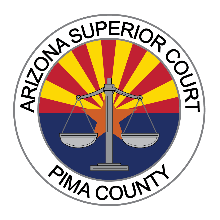An attorney can be hired to prepare legal forms, advise you on how the law might impact your case, and represent you in court. Our Find a Lawyer page provides links to lawyer referral services.
Individuals who qualify, may be able to receive limited services for free from either an attorney, or a law student supervised by faculty, through one of the free legal clinics in town. See our Free Legal Clinics page for details.
A Certified Legal Document Preparer can be hired to assist with the preparation of legal forms, but they cannot provide legal advice or represent you in court. The Certification and Licensing Division of the Arizona Administrative Office of the Courts provides a list of legal document preparers who are certified by the AOC’s Legal Document Preparer Program.
Law Library staff can provide very limited assistance. See “What can library staff do for me?” for details.



